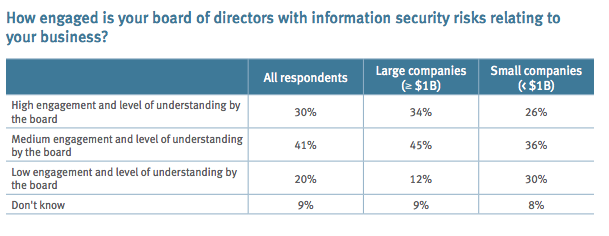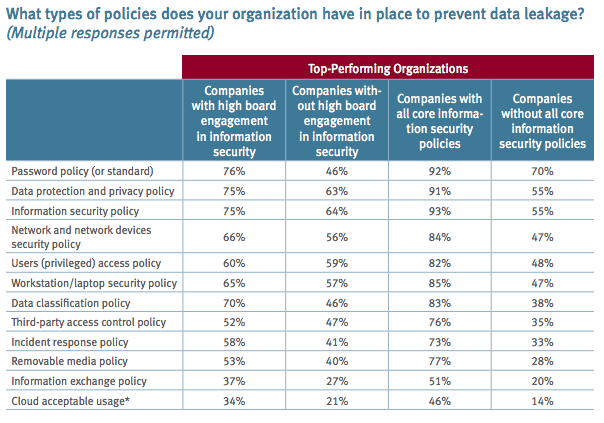 On Sept. 22, 2014, in EEOC v. Vicksburg Healthcare LLC, et al., Judge Keith Starrett of the U.S. District Court for the Southern District of Mississippi granted defendant’s motion to dismiss an EEOC lawsuit for lack of personal jurisdiction and insufficient service of process. The EEOC had filed a disability discrimination claim on behalf of a nurse who worked at a hospital owned by a subsidiary of the defendant. The court held that the EEOC, which sued a subsidiary hospital in Mississippi and its Tennessee-based parent corporation, did not put forth prima facie evidence of the necessary factors to satisfy personal jurisdiction requirements for the parent corporation in Mississippi.
On Sept. 22, 2014, in EEOC v. Vicksburg Healthcare LLC, et al., Judge Keith Starrett of the U.S. District Court for the Southern District of Mississippi granted defendant’s motion to dismiss an EEOC lawsuit for lack of personal jurisdiction and insufficient service of process. The EEOC had filed a disability discrimination claim on behalf of a nurse who worked at a hospital owned by a subsidiary of the defendant. The court held that the EEOC, which sued a subsidiary hospital in Mississippi and its Tennessee-based parent corporation, did not put forth prima facie evidence of the necessary factors to satisfy personal jurisdiction requirements for the parent corporation in Mississippi.
While this ruling is favorable for non-Mississippi parent corporations operating subsidiaries in Mississippi, it has larger significance for employers. It shows that nationwide jurisdiction is not a given when the EEOC sues. Additionally, the ruling provides the framework for how to prevent liability by avoiding personal jurisdiction.
Case Background
The EEOC filed an action on behalf of Beatrice Chambers alleging disability discrimination under Title I of the Americans with Disabilities Act of 1990. The complaint named Community Health Systems, Inc. (CHSI) and Vicksburg Healthcare, LLC (VHL) as Defendants, alleging that both CHSI and VHL have been continuously doing business as River Region Medical Center (River Region) in Vicksburg, Mississippi.
The EEOC alleged that the defendants terminated Chambers–who had worked as a nurse at River Region for about 36 years–because of her unspecified disability, and additionally failed to provide her with reasonable accommodations in violation of the ADA. VHL was a subsidiary of CHSI, which was incorporated in Delaware and had its principal place of business in Tennessee. While VHL admitted doing business as River Region and admitted employing Chambers, CHSI denied doing business as River Region and denied employing Chambers. Further, in its motion to dismiss, CHSI asserted the affirmative defenses of lack of personal jurisdiction, insufficient process, and insufficient service of process.
The Court’s Decision
In granting CHSI’s motion to dismiss, the court held that the issue of personal jurisdiction was controlling. The EEOC has the burden of establishing a prima facie case for personal jurisdiction. The court noted that a non-resident defendant is amenable to being sued in Mississippi if: (1) Mississippi’s long-arm statute confers jurisdiction over the defendant; and (2) the exercise of personal jurisdiction comports with the requirements of federal due process. The Mississippi long arm statute consists of three prongs, including: the contract prong; the tort prong; and the doing-business prong. It was undisputed that the “doing-business” prong was case dispositive.
CHSI submitted an affidavit from its Senior Vice President and Chief Litigation Counsel to the effect that it did not conduct business in Mississippi and that it lacked sufficient minimum contacts to be hauled into court in Mississippi.
The affidavit confirmed that CHSI is a holding company with no employees; CHSI indirectly owned subsidiaries including VHL; CHSI neither operated nor controlled the day-to-day operations of River Region; CHSI and River Region maintained separate banking records and did not co-mingle funds; CHSI did not employ nor have control over any River Region staff; CHSI never made any employment decisions regarding Chambers; CHSI and River Region observed corporate formalities (including no overlap between the Board of Trustees of River Region and the board of directors of CHSI; the respective boards of River Region and CHSI each convened separate meetings, (the boards maintained separate minutes and records); and CHSI is not qualified to do business in Mississippi–owns no property there, has no offices there, does not market there, and does not pay taxes there.
Following well-established precedent, the court found this aggregation of factors to be dispositive. It held that the EEOC lacked personal jurisdiction to sue CHSI in Mississippi.
The court rejected the EEOC’s three arguments in opposition of dismissal. First, the EEOC argued that the 10-K form submitted by CHSI to the SEC demonstrated CHSI’s intent to do business in Mississippi as it often used language such as “we” when referring to the hospital. The court rejected this argument, noting that the 10-K form also contained a provision saying the hospitals are expressly owned and operated by the subsidiaries. Next, the EEOC mistakenly speculated that the River Region employee handbook contained references to CHSI. The court cited an affidavit from CHSI’s litigation counsel clarifying that the entity referred to in the handbook was a different indirect subsidiary, and not the parent corporation. Finally, the EEOC erroneously relied on another case involving CHSI – Bass v. Community Health Systems, Inc., Case No. 2:00cv193 (N.D. Miss.). The court noted that no facts from that case illustrated that CHSI should be amenable to personal jurisdiction.
Implications for Employers
When out-of-state parent corporations conduct business in Mississippi through subsidiaries, it is imperative that they observe corporate formalities to clearly maintain the parent-subsidiary relationship. Further, in documents such as 10-K forms and employee handbooks, employers must explicitly indicate that subsidiaries, and not the parent, own and operate local entities. If parent corporations follow the teachings of EEOC v. Vicksburg Healthcare, LLC, et al., they can avoid unwittingly submitting to personal jurisdiction in Mississippi courts while their subsidiaries do business there.
This blog was previously posted on the Seyfarth Shaw website.






